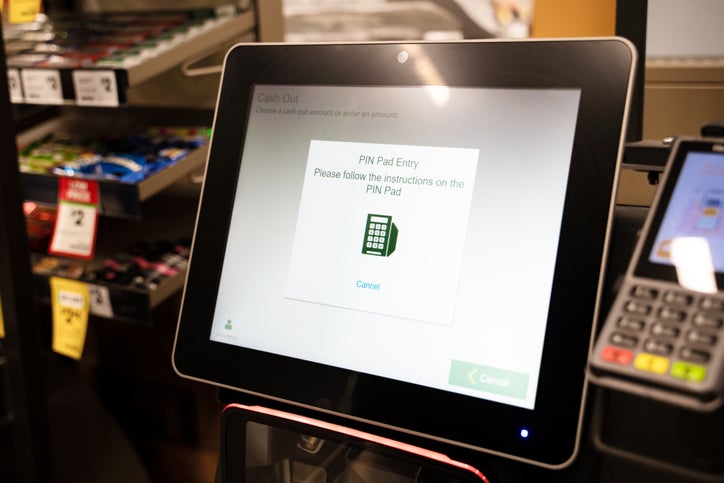
Quantum computers are often considered the next great advance in the computing space, with potential benefits for chemistry, artificial intelligence, cryptography and a host of other fields. However, quantum computing also has the potential to be extremely damaging for cybersecurity.
Although currently not commercially available, the technology is rapidly developing and so is likely to emerge for real-world use within a several years. And for cybersecurity, quantum computing’s advanced processing abilities will be deeply impactful, rendering current encryption models obsolete.
This will mean a person or organisation with access to a quantum computer could gain access to data currently locked behind some of the most advanced digital security available – creating a challenge for nations, businesses and individuals alike.
In preparation for the quantum computing cybersecurity apocalypse, however, Thales has partnered with ISARA Corp and ID Quantique (IDQ) to develop cybersecurity solutions that are “quantum-safe”, meaning they will not be breakable in the same manner as traditional encryption methods.
Making companies crypto agile
This approach will, according to Thales, provide companies with what it calls “crypto-agility”: the ability to respond to changing challenges to cryptography and cybersecurity, without needing to dramatically change their existing infrastructure at a time when quantum computing is still on the horizon.
“Quantum computing will be one of the biggest technological achievements in recent memory, but it comes with a lot of security risks,” said Todd Moore, vice president encryption products for cloud protection and licensing activity, Thales.
How well do you really know your competitors?
Access the most comprehensive Company Profiles on the market, powered by GlobalData. Save hours of research. Gain competitive edge.

Thank you!
Your download email will arrive shortly
Not ready to buy yet? Download a free sample
We are confident about the unique quality of our Company Profiles. However, we want you to make the most beneficial decision for your business, so we offer a free sample that you can download by submitting the below form
By GlobalData“While there is no such thing as a silver bullet when it comes to cybersecurity, crypto-agility is the next frontier in protection against the processing power of quantum. It will enable businesses to deploy algorithms in a flexible way, without significantly altering the system infrastructure, should there be a failure of the original encryption.
“Meaning that businesses can protect their data from future threats like quantum computing, which is still a bit away, without having to rip up their systems each year as the power of computing grows.”
Building cybersecurity for the quantum computing age
The solutions being developed by the partnership focus around combining quantum-safe algorithms already developed by ISARA and quantum random number generation technology created by IDQ.
By feeding random numbers from IDQ’s generator into ISARA’s algorithm, the partnership will be able to produce encryption keys that are far more resistant to being cracked by quantum computing than their traditional counterparts.
It is hoped this will enable businesses to trust the long-term security of their data – an issue that is likely to see increasing priority in coming years.
“One of the biggest threats quantum computing brings is the eradication of trust within data ownership, made possible by public key cryptography,” said Scott Totzke, CEO and co-founder of ISARA.
“This partnership aims to not only protect the data itself, but provide that assurance that only those that are able to access it, have been trusted to do so.”
Read more: IBM is taking the long view on quantum computing






